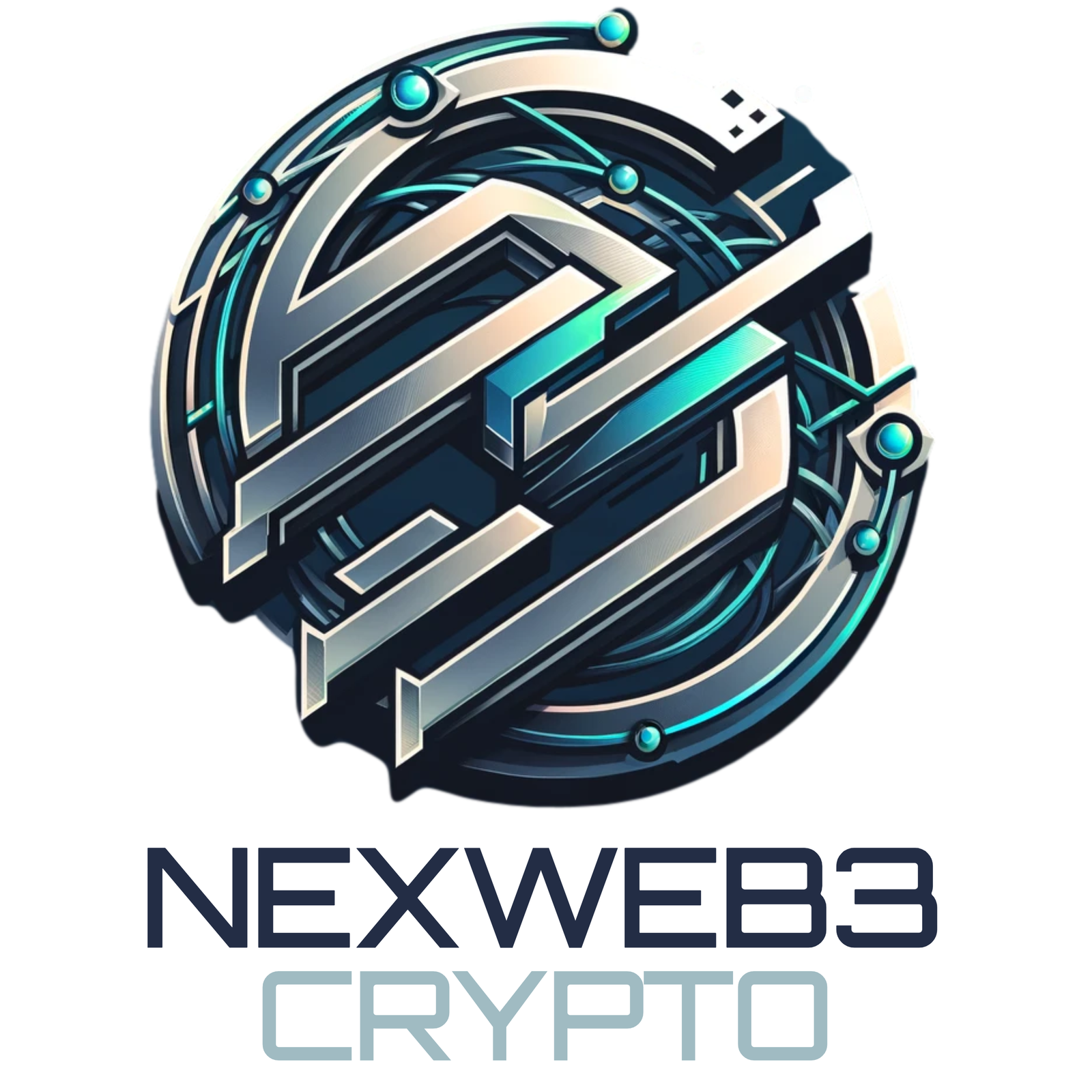Decentralized Finance (DeFi) has emerged as a promising industry in recent years. It utilizes decentralized technologies such as blockchain and smart contracts to create financial applications that are open, transparent, and accessible for all users. In this article we will explore what DeFi entails its origins benefits offered by it along with where it is headed in the future.
Decentralized Finance – What Is It?
In contrast to traditional finance that relies on centralized institutions like banks and governments for managing our money DeFi offers an alternative approach. By utilizing decentralized networks it enables transactions between parties without intermediaries thus giving users more control over their funds while avoiding high fees and long wait times associated with conventional financial systems. This makes DeFis appeal even greater in todays digital age where people seek faster and cheaper ways of conducting business online. With its unique features such as transparency, security, and flexibility; DeFi is poised to become a game changer in the world of finance.
The Evolution of DeFi – How Did We Get Here?
The concept behind DeFi has been around for quite some time but it wasn’t until cryptocurrencies like Bitcoin emerged that its implementation became feasible. Ethereum – a blockchain platform enabling developers to create decentralized applications- played an essential role in the growth of this technology. Today there are numerous DeFi projects ranging from stablecoins to lending platforms and prediction markets among others. With each passing day more innovative ideas surface making this sector even more dynamic than before!
Why You Should Care About DeFi
DeFi has gained popularity due to its promise of increased transparency and security. The public ledger records all transactions making it easy for anyone at any time to verify them – this reduces the risk of fraudulent activities or manipulation by bad actors significantly. Moreover, DeFis peer-to-peer structure ensures that there is no single point failure which could cause system collapse. These features make DeFi an attractive option for those seeking secure financial services without compromising on transparency.
DeFi has the potential to revolutionize finance by democratizing it. By removing barriers such as minimum account balances or geographical restrictions DeFis opens up financial services for those who may not have had access before – including individuals living in developing countries and underbanked communities. This move towards inclusivity could transform how people approach their personal finances worldwide. With more options available than ever before anyone can take control of their own money management with ease!
Investors seeking higher returns than traditional investment options should consider DeFi. Some lending platforms offer interest rates as high as 10% or more compared to the low yields of savings accounts and government bonds. With these potential gains in mind its worth exploring this alternative investment strategy.
The Future of DeFi – Where It’s Headed
Despite its promising growth trajectory DeFi remains a relatively new industry with several challenges that need addressing. One of the most pressing concerns is scalability – as more users join these platforms they become slower and costlier to operate effectively. Additionally regulation poses an issue for those who seek greater autonomy through decentralized finance since it raises questions about money laundering activities among others. Finally education plays a crucial role in ensuring widespread adoption; many people remain unaware or struggle with understanding how DeF works.
DeFi’s future looks promising with increasing awareness among people about its benefits and developers building innovative applications. As a result, we can expect continued growth in this sector over the next few years. Some experts predict that DeFis potential could surpass traditional finance altogether by creating an equitable financial system for all.





